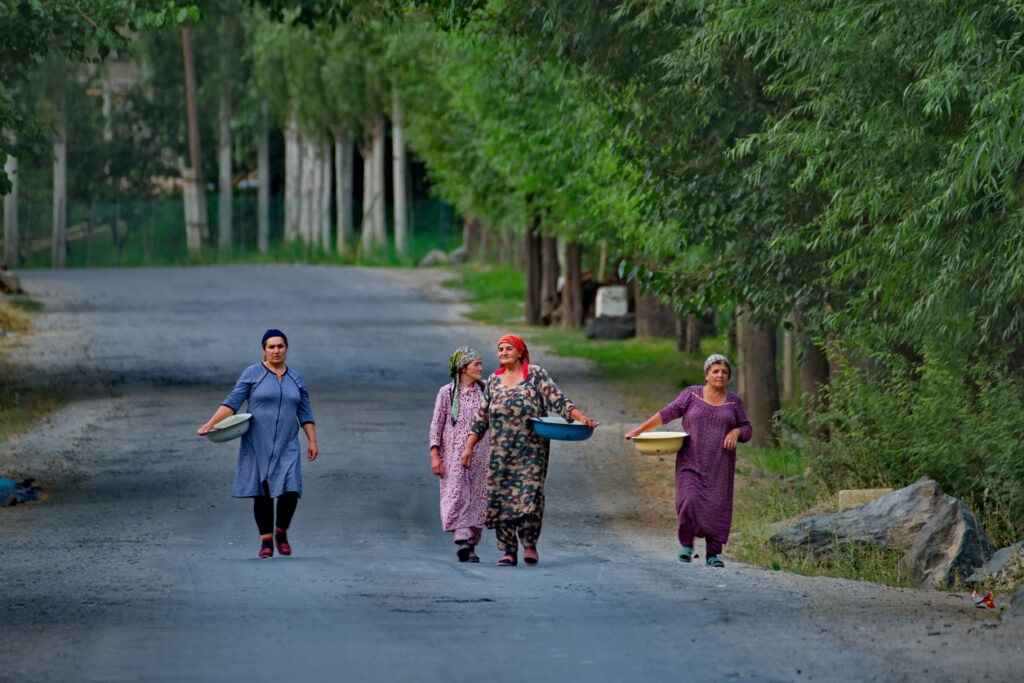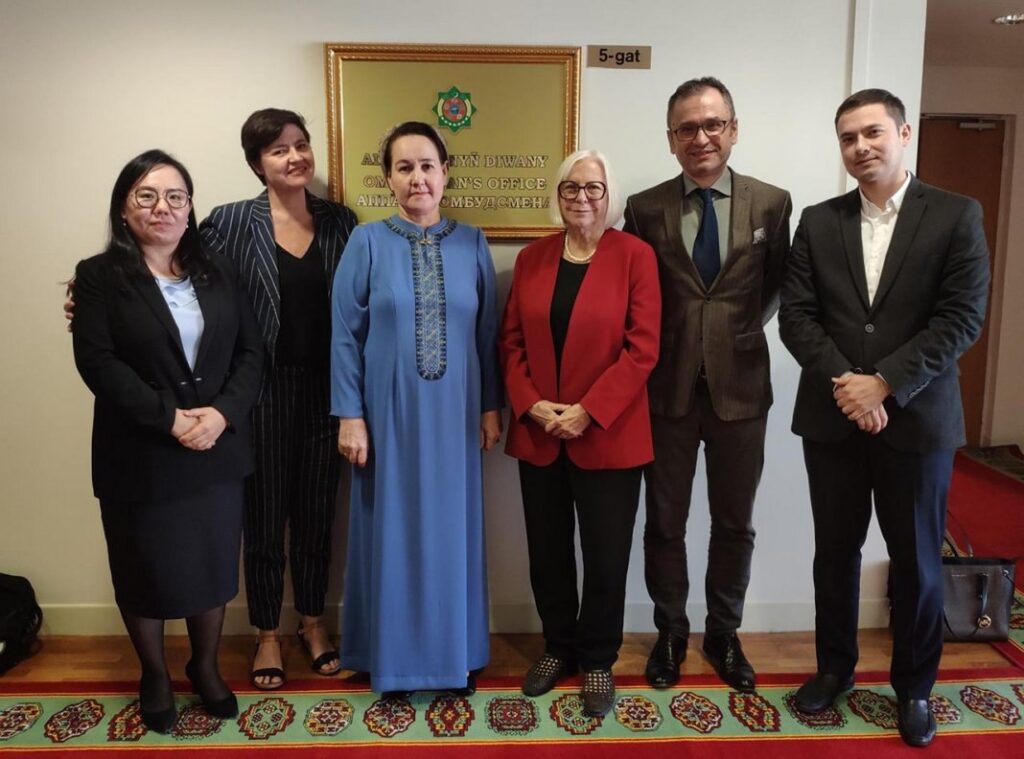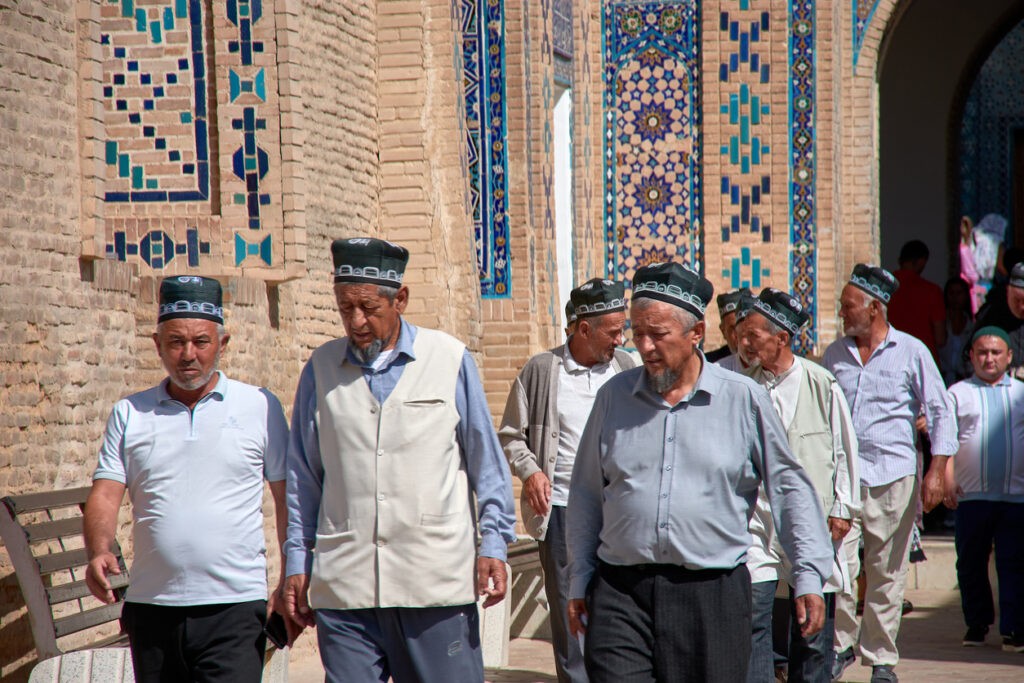Kyrgyz Businessman Tashov, Accused of Plot to Seize Power, Attempts Suicide in Court
Imamidin Tashov, a Kyrgyz businessman and owner of the KG Group construction company, reportedly attempted suicide during court proceedings in his high-profile case involving allegations of plotting a violent seizure of power. According to media reports, Tashov attempted to slit his throat, prompting an immediate response from those present. Journalists and relatives were swiftly removed from the courtroom, and emergency medical personnel were called to the scene. Eyewitnesses reported that Tashov was carried out of the courthouse to receive medical attention. However, details about his condition and the specific circumstances of the incident remain unclear at this time. Tashov was detained in April 2024 by SCNS officers after illegally crossing the border between Kazakhstan and Kyrgyzstan. Authorities allege that he was on his way to the town of Kara-Balta to establish a temporary headquarters and mobilize supporters for protests aimed at seizing power. This is not the first time Tashov has engaged in self-harm. Earlier this year, he injured himself in the abdomen, reportedly sustaining two cuts. His lawyer, Samat Matsakov, claimed that these acts were deliberate attempts to attract public attention. The State Committee for National Security (SCNS) similarly described the previous incident as premeditated and aimed at garnering sympathy. Adding to the controversy, Tashov has accused individuals claiming to be SCNS officers of kidnapping him and demanding a ransom of 100 million Kyrgyz soms ($1.15 million). These allegations have further polarized public opinion and drawn widespread attention to his case. On November 29, Tashov’s lawyer Matsakov was arrested on charges of fraud and document forgery, as reported by The Times of Central Asia. The legal troubles surrounding Tashov and his defense team have only added to the public and media interest in the case. The dramatic developments in Tashov’s case reflect the tensions surrounding his high-profile trial. As questions persist about his actions and the broader implications of his allegations, the case continues to attract significant attention across Kyrgyzstan.






